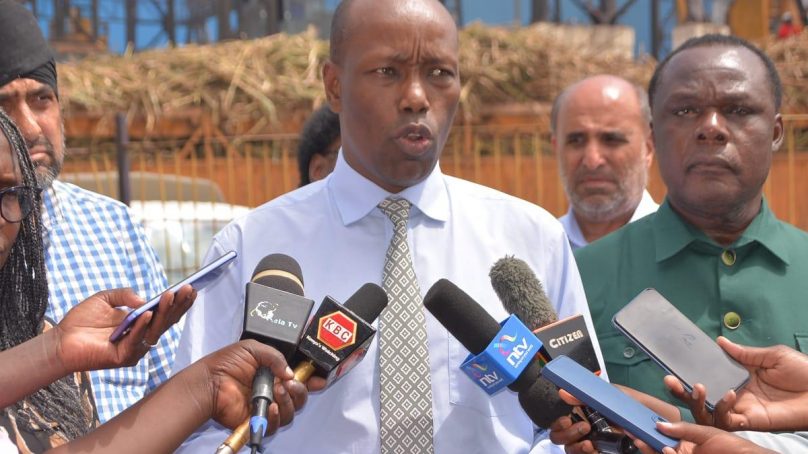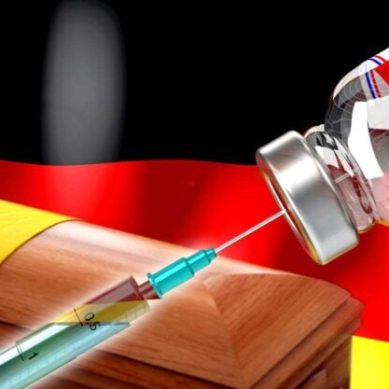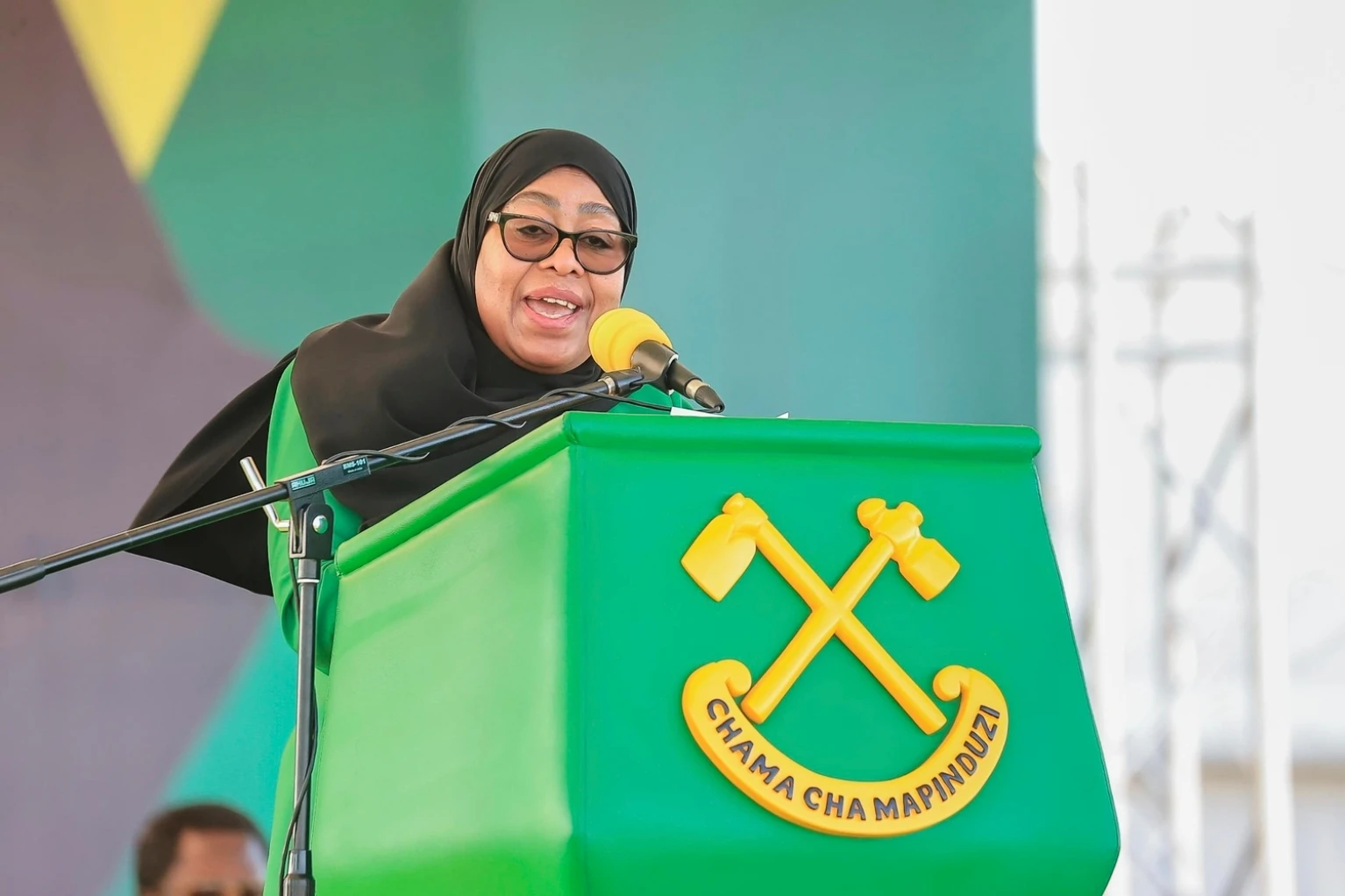
In that has become routine on the eve of election campaigns, Kenya has announced that it will open a special window for the importation of raw sugar to sustain industrial sugar production, which has been crippled by a nationwide shortage of cane.
It is therefore no coincidence that Investments, Trade and Industry Cabinet Secretary Lee Kinyanjui said Kenya faces a shortage of nearly 400,000 metric tonnes of sugar, a deficit that has left billions of shillings’ worth of investments in the sector idle.
While the East African nation has installed capacity to mill more than 22 million tonnes of sugar peer annum against a national annual consumption of one million metric tonnes, industry players – factory owners and farmers – in western Kenya have often questioned the rationale of the deficit. With about than 15 factories, each milling roughly 4,000 tonnes minimum per day, there are suspicions that the deficit is artificial to create an excuse to allow sugar barons allied to President William Ruto to flood the market with contraband imported sugar.
Evidence of “political sugar” flooding the economy at election is contained in an investigation by Jacob Rasmussen for Global Initiative for Transnational Organised Crime (GI-TOC) titled, Sweet Secrets: Sugar Smuggling and State Formation in the Kenya–Somalia Borderlands.
According to Rasmussen, “While smuggling is illegal, and violence and coercion therefore are central means of governing and regulating the cross-border sugar trade…we cannot understand the sugar trade as entirely immoral. Rather we have to understand how the borderlands’ liminal character allows for negotiations of morality, which in turn hinge on notions of belonging and the sense of state inclusion and exclusion.”
Cabinet Secretary Kinyanui says the importation that is being considered by the government would specifically target raw sugar for refining into industrial sugar used in food, beverages, pharmaceuticals and distilleries.
He made the announcement during a fact-finding tour of Kibos Sugar and Allied Industries in Kisumu on Thursday. Kinyanjui, who was accompanied by Principal Secretaries Juma Mukhwana (Industry) and Regina Akoth (trade), said the move was expected to stabilise the sugar sector and save the exchequer money spent on importation of industrial sugar.
Often, industrial sugar is cited as reason for “political sugar” importation. GI-TOC report says: “According to annual reports by the US Department of Agriculture, Kenyan sugar consumption is growing, yet local production is declining. In 2011 domestic production covered 70 per cent of local consumption but in 2015 the local share was down to 62 per cent.
“In 2014, Kenya had a sugar deficit of 200,000 tonnes. Local production is outdated, sugar mills have not been modernised and each year they are closed for weeks on end for maintenance. As a result sugar processing in Kenya is slow and expensive, resulting in production costs that are 50-60 per cent higher than in neighbouring Uganda and Tanzania, not to mention Ethiopia, which has increased its sugar cane production in recent years as part of government-led agricultural development projects.
“In 2016 the Kenyan government, for the third consecutive year, negotiated exceptional import safeguards for sugar with its counterparts in the Common Market for Eastern and Southern Africa (COMESA).
According to Kinyanjui, Kenya does not “have enough raw sugar to process industrial sugar. As a result, we have to import because factories such as this one in Kibos, which cost over Ksh2 billion to set up, have not worked since 2016.”
The importation plan, he said, was a short-term intervention adding that the government has developed a robust programme to work with farmers and county governments to expand cane production and achieve self-sufficiency within two to three years.
The government does not seem to have national production under control, says Rasmussen.
“Mumias Sugar Company Limited, the largest sugar manufacturing company in Kenya, which accounts for close to 60 per cent of national sugar output, has been wracked by financial irregularities and corruption, repeatedly putting the production temporarily on hold since 2012. The Kenyan government owns 20 per cent of the shares of Mumias Sugar, and in 2013 the government paid US $5.5 million to help the company out of its deficit,” the researcher says.
He observes that the government has continued to provide financial aid to the company adding another Ksh500 million in August 2017.The mismanagement of Mumias Sugar has political implications at the highest level as the previous governor of Nairobi, Evans Kidero, is accused of having systematically siphoned money out of the company to fund his political campaign while he served as manager of Mumias.
These irregularities and the high production costs of Kenyan sugar meant that locally milled sugar in 2014 sold for up to Ksh133 a kilogramme, whereas smuggled sugar went for as little as Ksh60 a kilogramme. With these price differences in mind it is easy to see the potential for profit in repackaging and selling smuggled sugar as if it were Mumias sugar.
The same applies to the so-called industrial sugar the minister proposes to import.
The government, the minister said, has placed sugar factories under watch to strengthen their outreach programmes to cane farmers throughout grower schemes, with the aim of ensuring steady supply to mills. He maintained that the importation window targets industrial sugar production, adding that the move would not affect farmers and production of raw sugar locally.
The cabinet secretary assured Kenyans and stakeholders in the sector that the exercise would be subjected to strict quality and safety checks.
“Importation does not mean we suspend our regulations. There are mechanisms for quality control and this will be followed to the letter. What we are trying to end is the culture of importing what we can produce locally,” he added.
He added that the government’s priority remains protecting local industries while safeguarding foreign exchange.
“Every time we import, we are draining foreign exchange that could be retained by producing here. The balance is to protect our local industries, create jobs for young people and still meet industrial demand,” Kinyanjui said.
Kibos Sugar and Allied Industries Managing Director Bhire Chatthe said the firm’s Ksh2 billion refinery which was established in the year 2016 required 165,000 metric tonnes annually to operate.
Bhire said the demand could not be met by the group’s raw sugar production adding that the production from the other factories across the country was not enough for domestic consumption.
He revealed that last year, the company sought approval from the East African Community Secretariat to import 165,000 metric tonnes of raw sugar for refining but only managed to secure 5,000 metric tonnes, leaving its refinery idle.
According to Bhire, operationalising the Kibos refinery alone could save the country up to Ksh20 billion in import substitution, while creating new jobs and expanding tax revenue.
“The benefit to Kenya is not just jobs and taxes, but also reducing our import bill,” he said.
He dismissed fears that sugar imports could flood the market adding that the company has complied with all the set standards since it rolled out operations.
“We have never had an issue with the Kenya Bureau of Standards in the 15 years we have operated. All our products meet national standards. The only challenge is that this factory cannot function without raw sugar,” said Bhirre.
- A Tell Media / By Chris Mahandara








